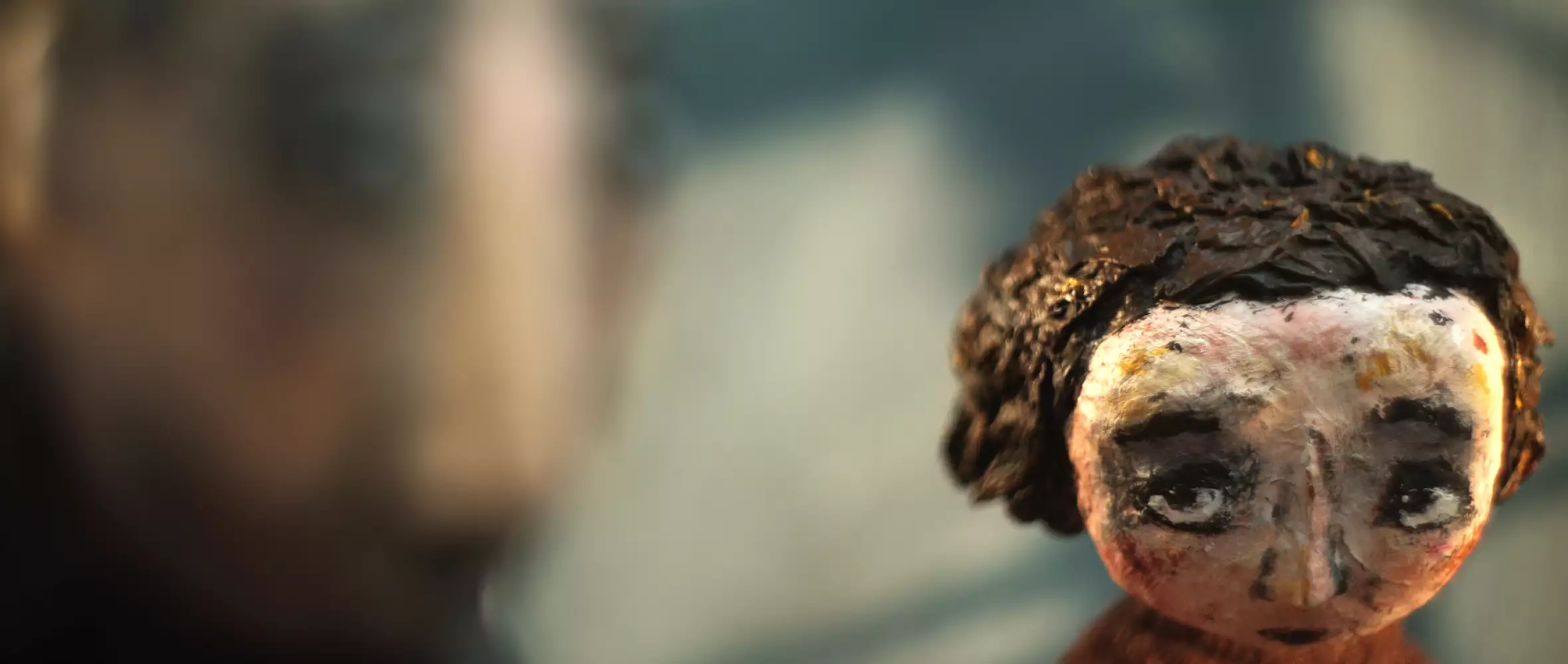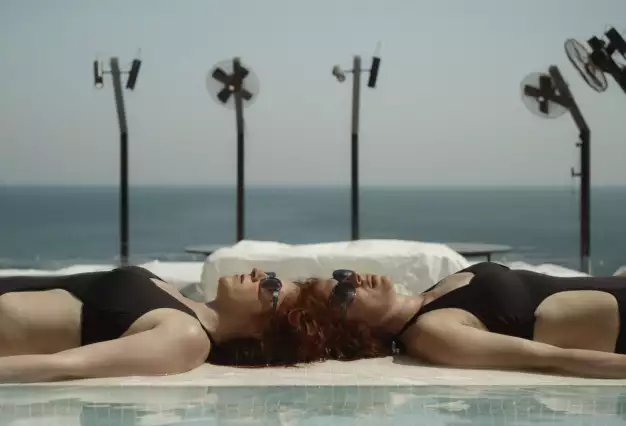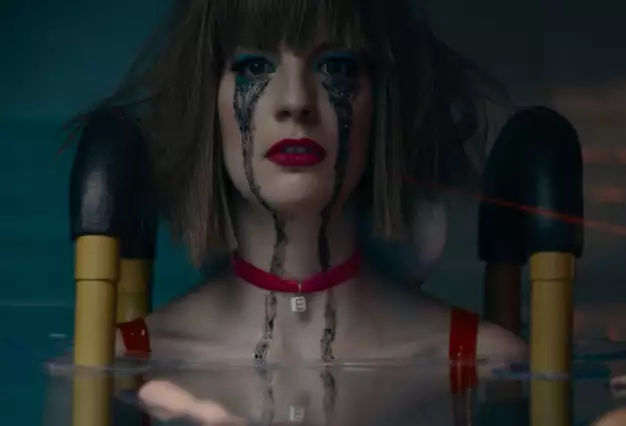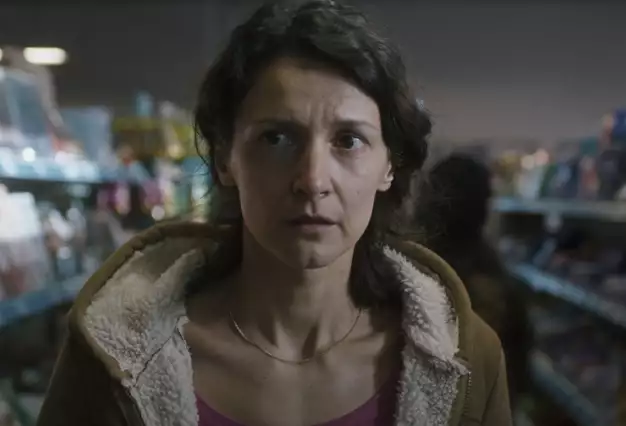
25 August 2019
Kashcheeva: Parents sometimes can’t express their love for their child
Kashcheeva: Parents sometimes can’t express their love for their child

Daughter is a compelling, original and highly personal film depicting a fatherdaughter relationship and the limits of mutual understanding. The film by Daria Kashcheeva, an animation student at Prague’s FAMU, has been selected for Short Cuts at Toronto IFF and is one of the three finalists for 2019 Student Academy Awards in international animation section.
Daughter is a story of a girl who finds a dead bird and wants to share her pain with her father, hoping to find solace in his embrace. The father is preoccupied with his own worries: he is cooking lunch and pays no attention to his daughter’s state of mind and desires. The girl takes her father’s behaviour for rejection, cocooning herself in her inner world filled with a yearning for her father‘s love. From then on she grows increasingly distant from him and as an adult she cannot deal with any display of emotions from him. The guilt-ridden father tries to find a way of getting through to his daughter and rebuilding their shattered relationship. Only in hospital, when her father is dying, does the daughter understand that he has always loved her, in a final embrace of mutual forgiveness.
"I'd had the idea for the animated drama Daughter in my head for three years. I was searching for answers to why I am the way I am. And I discovered that parents sometimes can’t express their love for their child, even though they feel it within. Sometimes there is estrangement. During childhood there are times when a child may feel something without being able to understand and express it, and all she needs is a bit of attention or simply a hug. But parents often lack the time, are not in the mood, or fail to realise the importance of their child’s feelings and don’t pay at the moment enough attention, treating their child’s behaviour as just a whim. These moments may be seared into the child’s memory, forming scars that shape her behaviour for life, and as adults, such children won’t be able to show their feelings not just with their parents, but generally, in their contacts with other people.
Of all the animation techniques utilized, the one I found most intriguing was stop-motion animation. And because my subject consisted of a straightforward story, I decided to make a puppet film. Naturally, a question came up concerning the materials I should use to make my puppets. I felt the nearest thing to human skin was paper. I was sure I was on the right path, as you can paint on paper. I felt that for a film that strives to arouse emotions, paper and paint are the right choice.
I am a film buff and often attend film festivals. I have always particularly admired the work of the camera operator, the movement of the camera, working with light and focal depth. And the idea came to me: what if I used a hand-held camera in my animated movie? It sounded crazy at first, but I found this thought exciting and felt that dramatically it would work perfectly!
I set about studying closely the camera movement in my favourite features by the Dardenne brothers, Lars von Trier, and in all the Dogma films. I studied their films frame by frame, and during this analysis I noticed that to show feelings you have to give your character enough time to enable them to live through the feeling, to stop and think during the shot. It is important to express duration, to make the viewer to have a sense of the passing of time.
While working on this film I have learnt a great deal about myself and it has brought me much consolation. Now I can only hope that my own feelings will strike a chord with the audience.




